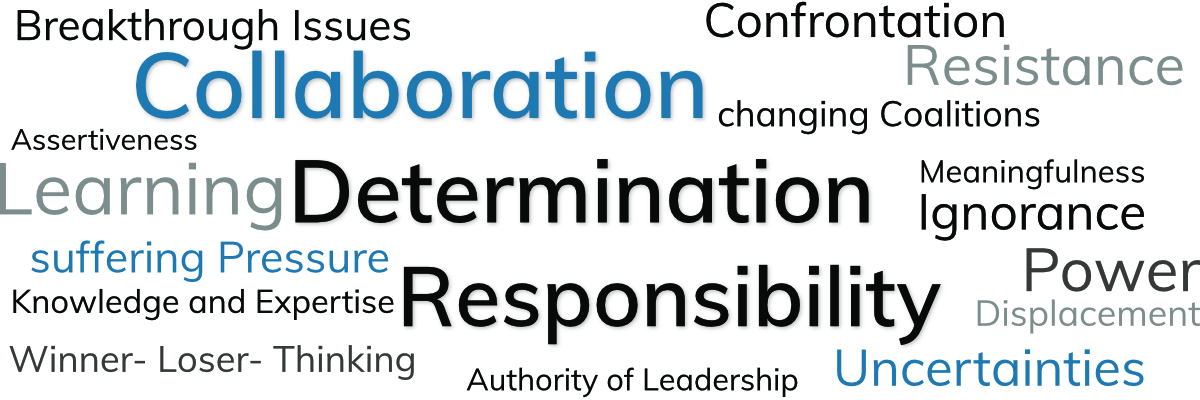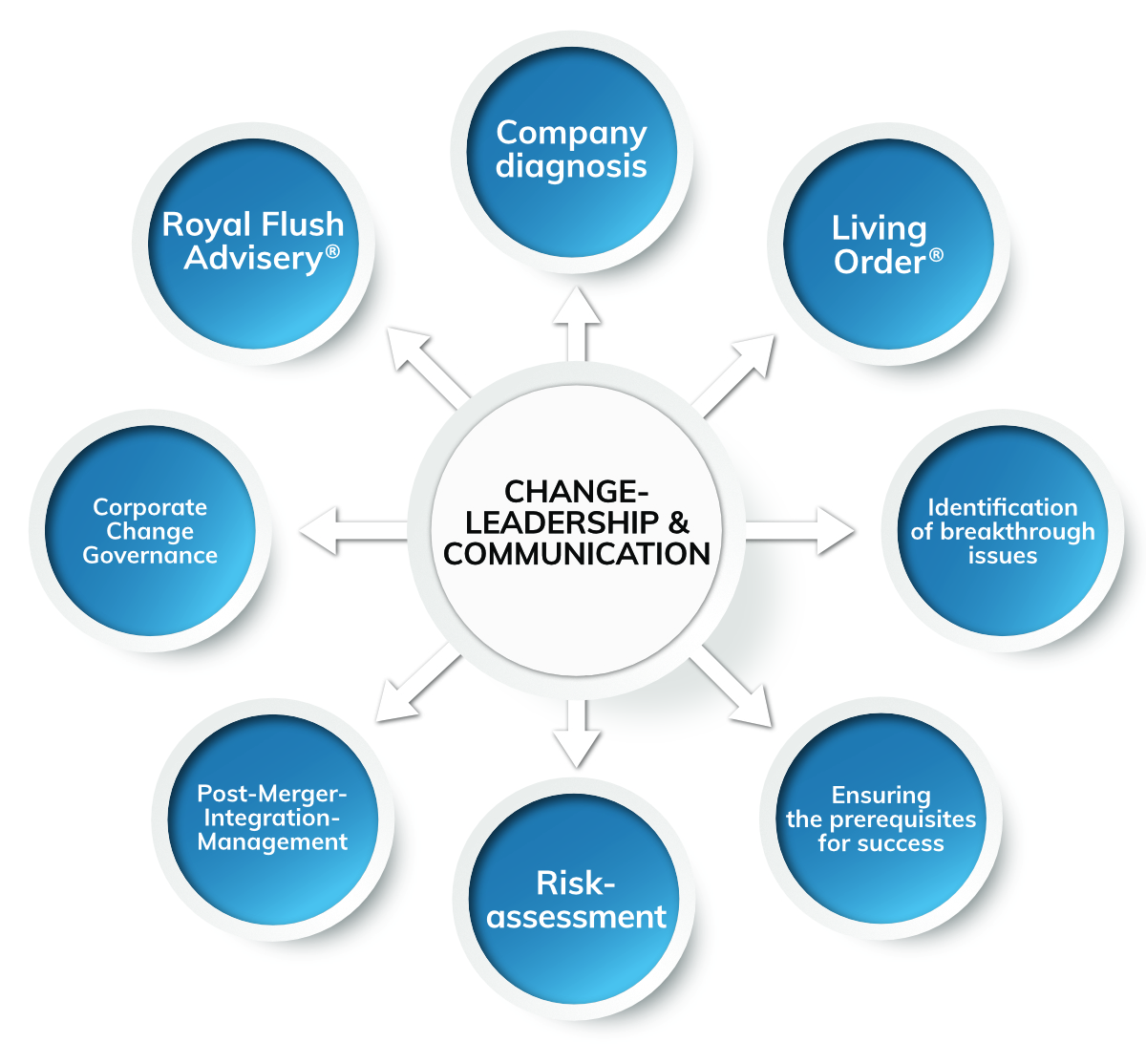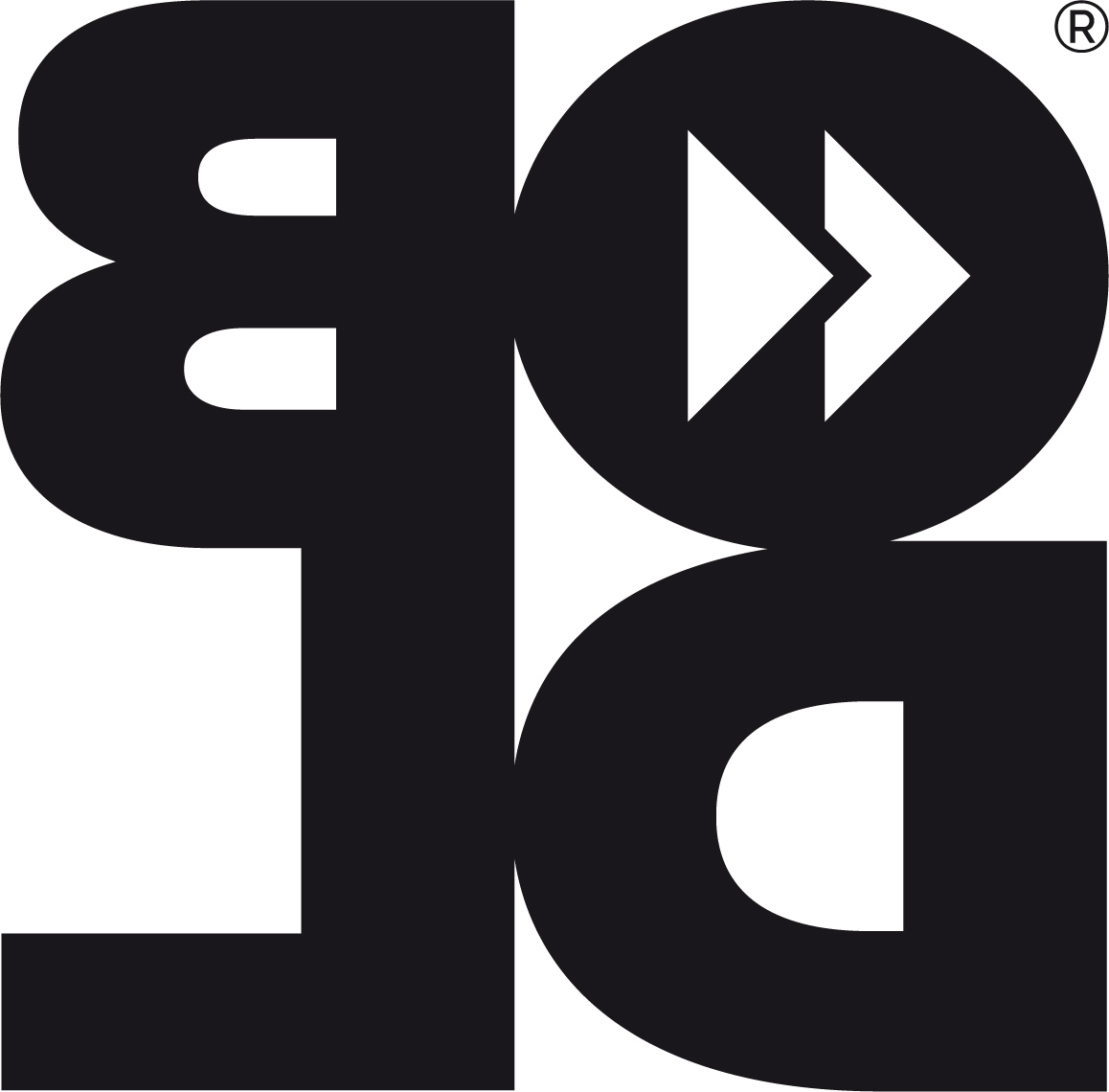
Solutions
The DNA of change is always shaped and determined by political interests.
slow down & lead forward
Corporate Change Governance – planning, design,
management, consistent implementation of change processes based on a diagnosis
with the help of the “Living Order®“.
Sparring
partner for managers in thinking through difficult decision situations.

“AT LOW TIDE YOU CAN SEE WHO BATHES NAKED” – WHAT A CHANGE “MANAGEMENT” ACTUALLY HAS TO ACHIEVE…
Change Management requires a set of recommended behaviors and procedures, methods and tools to successfully and effectively implement changes in and by organizations. This requires not only an awareness of the scope and dimension of the associated interventions and the reaction dynamics to be anticipated, but also the necessary competence to deal with surprises.
One focus in the accompaniment of change processes concentrates on the improvement of cooperation (Living Order®), and thus strengthening operational excellence, in which tasks, functions and roles are made concrete and filled with competence and responsibility. From a “Every-within-us-cooperates-against-everyone culture” with divisional thinking, a form of cooperation oriented towards effectiveness, commitment and economy is developed.
The alignment of the company’s existence and corporate purpose against the background of a map of the Corporate Alignment Navigator (CAN®) developed from and with corporate practice is the focus of the support provided for strategic development processes of companies in order to achieve a sustainable increase in business performance. This form of corporate change governance is particularly useful in supporting post-merger integration processes. This Corporate Alignment Navigator (CAN®) guides us in the mindset of diagnosis (Living Mission®), redesign and in the landscape of implementing bold ways of change and development in and of companies.

In the now 30 years of experience in the accompaniment, management and realisation of change topics of various kinds, we recognise that these topics require solutions to similar tricky questions again and again:
- What is the real issue of change?
- Where should the change process actually lead, what will come out of it and how long will it take?
- Who is really going to be involved and where do we have to fear political opposition? What are the multidimensional areas of tension and dependency in which the decision-makers are caught?
- Who has an interest in ensuring that identified problems and weaknesses are maintained?
- How are possible affected parties to the change to be convinced – especially if they have to face possible disadvantages?
- How can the sense and benefits of change be conveyed?
- To what extent do the decision-makers have the necessary (micro-)political backing or how can they ensure this?
- How can it be ensured that the changes take place quickly, without however an intensive day-to-day business suffering (“Undisturbed operation despite change!”)?
- How can those affected be brought out of the comfort zone and encrusted structures broken up? Especially when a spoiled corporate culture and insufficient pressure of suffering are present.
- To what extent do managers have the knowledge, competence, authority and a sustainable network to act as promoters of change?
Change processes therefore require professional diagnosis, planning, communication, control and institutionalisation and are not – as is usually believed – pure management projects, as the micro-political dimension and unpredictable momentum require a high degree of competence in taking things by surprise.
Since the accompanying effects of change are often naively overlooked, they often lead to abort, additional work, unexpected resistance from unrecognized snipers and repercussions for the managers who initiate these changes – which is why courage is required. Be BOLD!

Network partners.
We are proud of the close cooperation with our international partners.
Get in flow.
Be BOLD @ Academy, Solutions and Research & Publications
We realize this principle in our work with individuals, groups and entire organizations, both in further education and in process support during changes and thus in our business areas.
Academy
Mediation and reflection of management knowledge and behavioral competence.
Solutions
Corporate Change Governance – planning, design, management & consistent implementation.
Research & Publications
Research and publications in leadership and change management topics.
